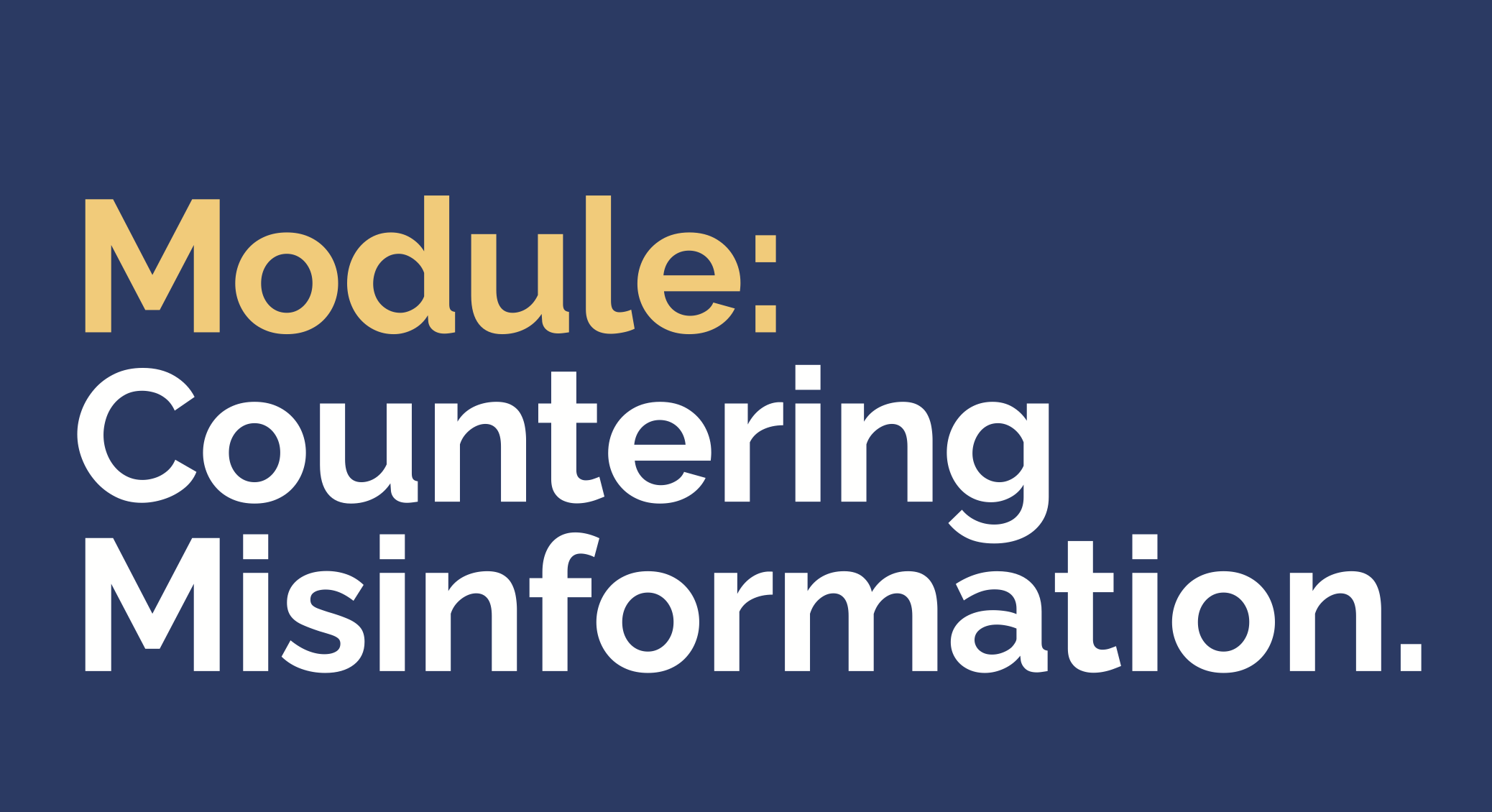
Module: Countering Misinformation
This short (30–45 minute), self-led module is designed with people living with or affected by HIV, to help to counter online misinformation in or about communities.

This short (30–45 minute), self-led module is designed with people living with or affected by HIV, to help to counter online misinformation in or about communities.